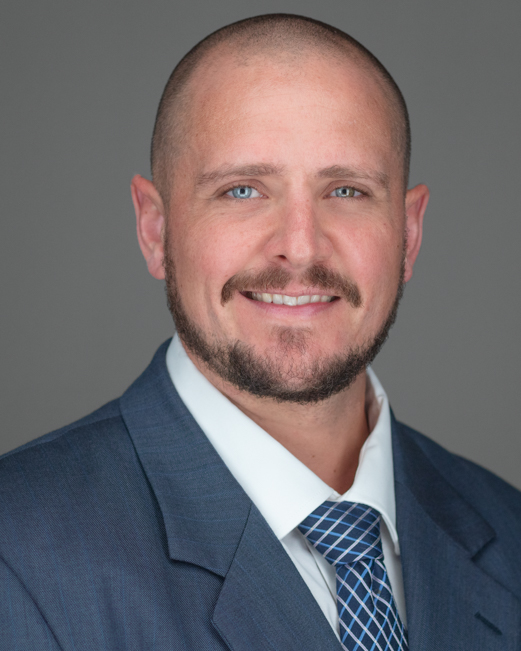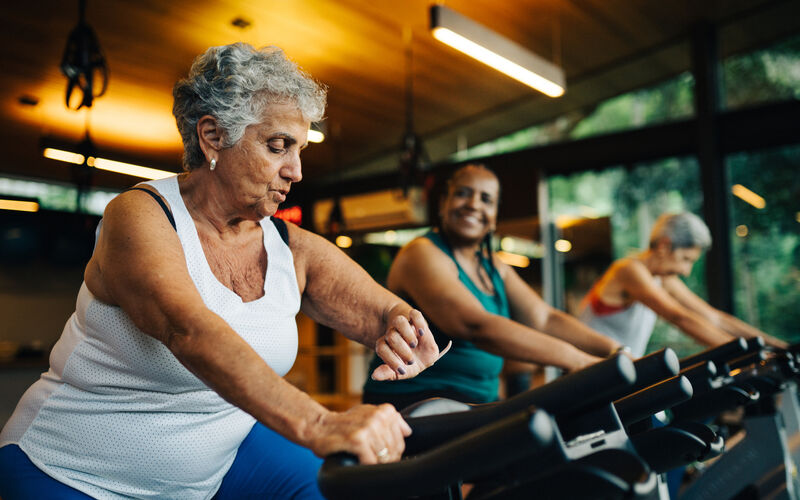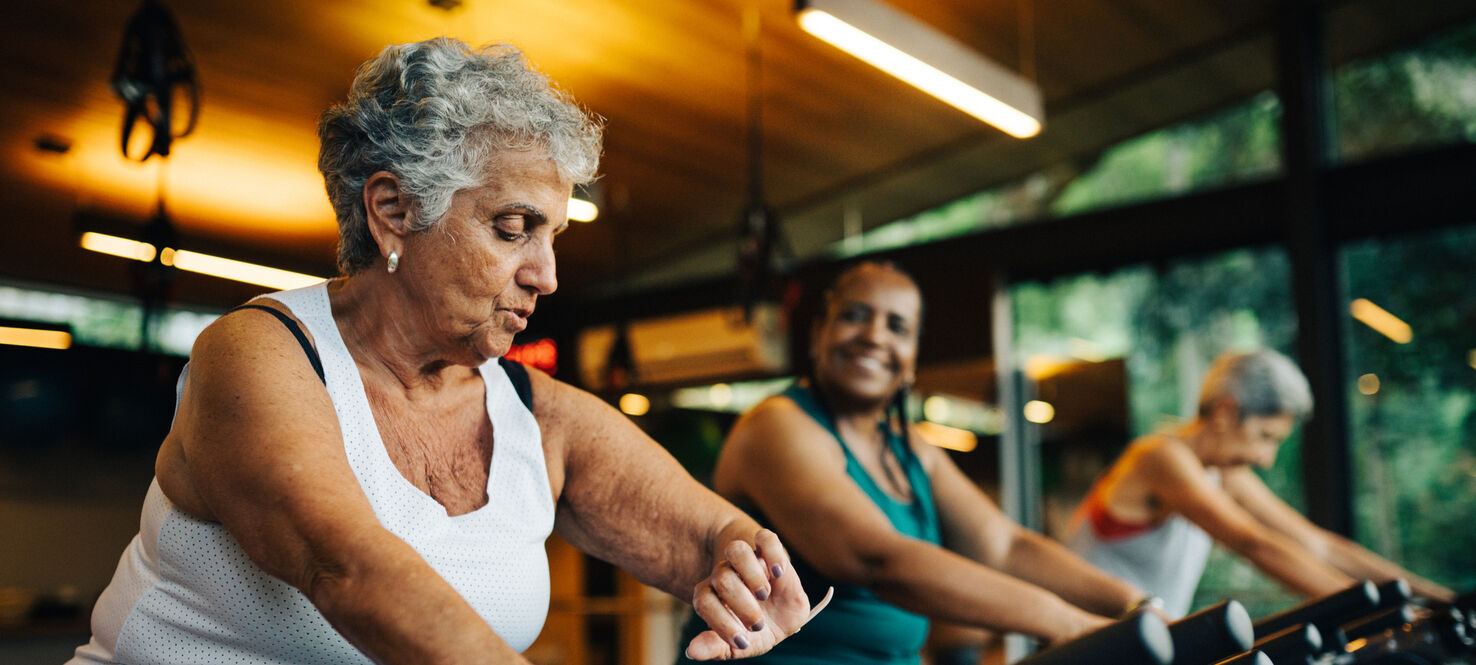Structured Exercise Improves Survival and Quality of Life in Colon Cancer Patients, Study Finds
Patients with stage 3 or high-risk stage 2 colon cancer who followed a long-term, structured exercise program after completing chemotherapy experienced significantly better survival outcomes and physical functioning than those who received only health education materials, according to results from the international CCTG CO.21 (CHALLENGE) clinical trial. The study was presented at the 2025 American Society of Clinical Oncology Annual Meeting.
Join the conversation! Dr. @ShrutiPatelMD discusses a critical question: should exercise be part of standard post-treatment care for pts w/ #ColonCancer? Find out in our latest Science in Seconds for #ASCO25: https://t.co/UgpJwSWC1U #OncTwitter #crcsm pic.twitter.com/gzNK4RiTU9
— ASCO (@ASCO) June 1, 2025
Researchers looked at nearly 900 patients across 55 sites in six countries. The study is the first of its kind to demonstrate that sustained recreational physical activity can improve disease-free survival and overall survival in colon cancer survivors. Researchers also observed gains in cardiorespiratory fitness and self-reported physical function, reinforcing the clinical benefits of physical activity beyond general wellness.
Patients were randomly assigned to either a structured exercise program or a control group receiving health education materials promoting physical activity and nutrition. Participants in the structured exercise program group worked with exercise consultants to increase recreational activity by at least 10 MET-hours per week — equivalent to roughly 150 minutes of moderate aerobic activity — and maintain that level for three years. They selected their own exercise types, intensities and schedules.
With nearly eight years of median follow-up, the structured exercise program group showed significantly better outcomes:
- Five-year disease free survival: 80% in structured exercise program versus 74% in health education materials
- Eight-year overall survival: 90% in structured exercise program versus 83% in health education materials
- Physical functioning: Improved at six months and sustained at 24 months

Nathan Parker, PhD
“These are really exciting findings, as they provide the first definitive evidence that exercise can improve disease-free and overall survival following cancer diagnosis,” said Nathan Parker, PhD, a researcher in the Department of Health Outcomes and Behavior at Moffitt Cancer Center. “Enrolling this many cancer survivors in a trial involving three years of structured exercise and following them long enough to evaluate effects on survival is a massive undertaking, and the CHALLENGE trial investigators accomplished this rigorously and elegantly.”
Parker added that the results represent a significant leap forward in the field of exercise oncology.
“Particularly striking is that the effects of structured exercise on risk of cancer recurrence and overall survival were on par with those we can expect from standard of care systemic therapies,” he said. “Thanks to this trial, the field of exercise oncology has really gained footing to push for exercise services and programming to be incorporated into standard care in oncology.”
Musculoskeletal side effects were reported more frequently in the structured exercise program group, with 19% experiencing any grade of musculoskeletal adverse events (compared to 12% in health education materials). However, only 10% of these events were attributed to the exercise program.
While it will require policy change to extend reimbursable exercise oncology services to all patients beyond the cancer rehabilitation needs that physical and occupational therapists already address effectively, Parker said we can continue to support patients in meaningful ways right now.
“Since I’ve been at Moffitt, I’ve been really pleased and impressed to see lots of clinical teams encouraging patients to be physically active during and following cancer treatment,” he said. “They can make an important impact by asking patients about their physical activity, encouraging them to move more and connecting them with helpful resources when needed and available.”
One of those resources is the YMCA Survivorship & Wellness Program Powered by Moffitt, available through the YMCA of the Suncoast and Tampa Metropolitan Area YMCA branches.
“It’s a great example of a structured, community-based program for survivors with reach across much of our catchment area,” Parker said. “And through research in our exercise oncology lab, we’re testing additional programs with an end goal of providing appropriate exercise counseling and services to every patient who walks through our doors.”




